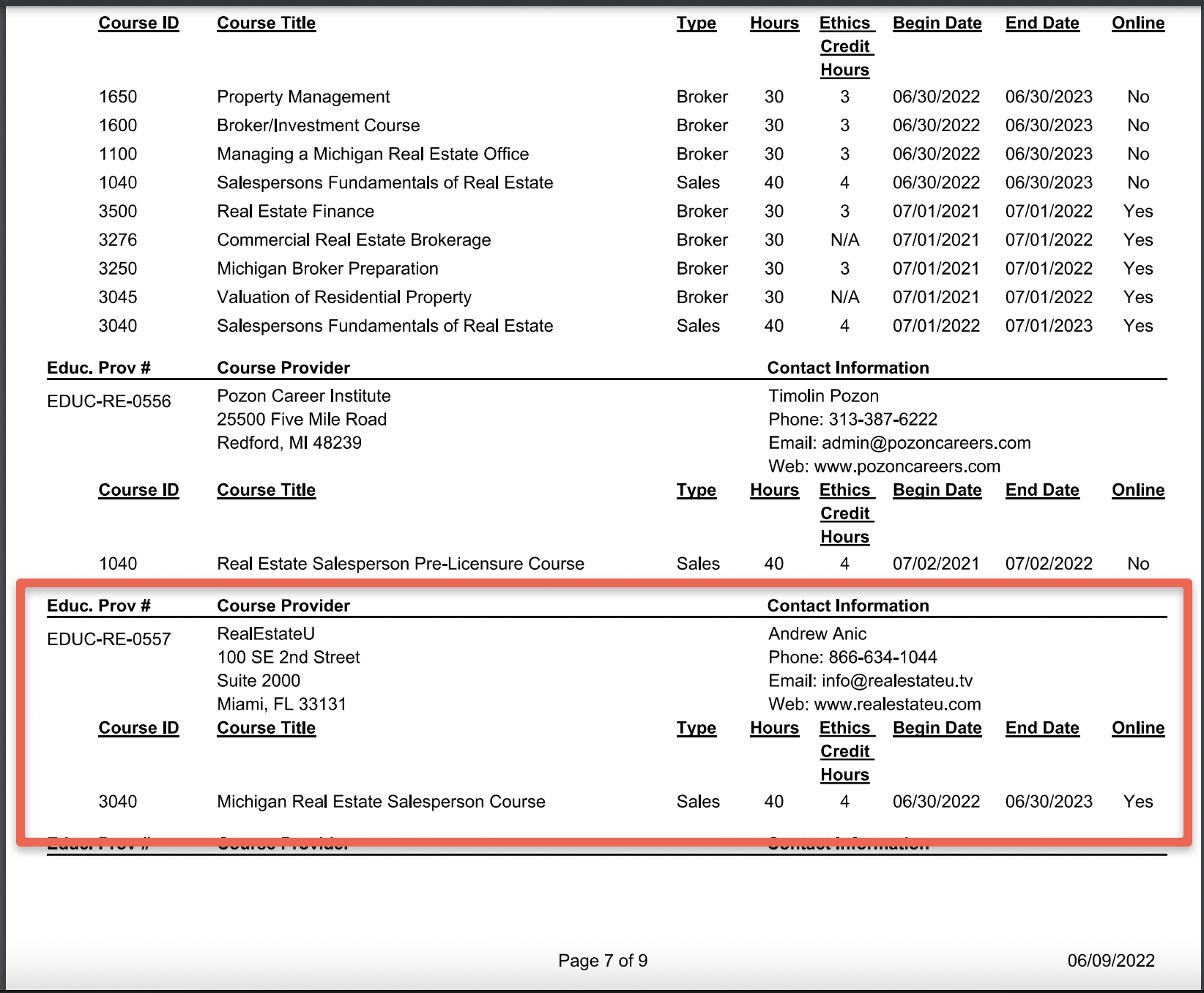
If you want to become a real estate agent, there are many books on the market that can help you level up your career and achieve success. These books offer valuable advice and tips for working with clients, negotiating deals, and other areas. These books will teach you everything you need to know about real estate agents: how to overcome rejection, how to be social media experts, and more.
Top Real Estate agents: The Essential Guide to Getting Started and Staying Ahead In a Hot Real Estate Market by Dave Crumby. This book includes guidance from industry professionals like Spencer Rascoff, Zillow CEO Spencer Hata, and NAR Director Nobuhata. It's perfect for both new agents and those who have been in the business for some time and want to make it even better. It is an inspirational read that will help build smarter habits, authentically communicate with your clients and refocus your company on them, no matter the state or local realty market.
Sara Turney - Real Estate Humor - What I Learned from The Funny Side of Business This book is filled of funny insights that will make anyone laugh. It can also help you to maintain a positive mindset when dealing with tricky clients and difficult negotiations.

Stephen Covey's book Psyche Cybernetics: How you can reach your goals and prepare your mind for success is a must-read. It will help anyone who dreams of achieving great things. It is a timeless book and will help you prepare for the challenges of a new real estate career.
Tom Hopkins: How to Master The Art and Science of Selling It's still relevant today for the real estate market.
Endless Referrals: How to Turn Clients into a Network of Friends and Clients by Bob Burg This is another book that will help you generate more referrals for your business. The author is a master of relationships and will show you how to use your connections to gain more referrals.
Predictably Irrational - How We Buy and Sold Homes by Dan Ariely. This book will help you understand the psychology behind your clients' decision-making and can prove very helpful for your real estate career. This book will provide valuable insight into working with clients that may be uncertain about the realty markets.

How to Deal with Tough Times by Gary Keller, Jay Papasan and Dave Jenks This book is for agents going through difficult times in their career. This book will teach you how to turn hardship into success and develop the mindset that a top producer needs.
The Millionaire Agent in Real Estate: How to Start a Business from the Ground Up by Watters, Pounds. If you are an aspiring broker, this book is a must-read. This book will guide you through the steps of growing a successful real-estate business and becoming a top producer within your local market.
FAQ
How long does it take for a mortgage to be approved?
It depends on many factors like credit score, income, type of loan, etc. It typically takes 30 days for a mortgage to be approved.
What should I consider when investing my money in real estate
The first step is to make sure you have enough money to buy real estate. If you don’t have the money to invest in real estate, you can borrow money from a bank. Also, you need to make sure you don't get into debt. If you default on the loan, you won't be able to repay it.
You should also know how much you are allowed to spend each month on investment properties. This amount should cover all costs associated with the property, such as mortgage payments and insurance.
Finally, you must ensure that the area where you want to buy an investment property is safe. You would be better off if you moved to another area while looking at properties.
Can I buy a house without having a down payment?
Yes! There are many programs that can help people who don’t have a lot of money to purchase a property. These programs include FHA loans, VA loans. USDA loans and conventional mortgages. For more information, visit our website.
How long will it take to sell my house
It all depends upon many factors. These include the condition of the home, whether there are any similar homes on the market, the general demand for homes in the area, and the conditions of the local housing markets. It may take up to 7 days, 90 days or more depending upon these factors.
Statistics
- 10 years ago, homeownership was nearly 70%. (fortunebuilders.com)
- This seems to be a more popular trend as the U.S. Census Bureau reports the homeownership rate was around 65% last year. (fortunebuilders.com)
- Private mortgage insurance may be required for conventional loans when the borrower puts less than 20% down.4 FHA loans are mortgage loans issued by private lenders and backed by the federal government. (investopedia.com)
- The FHA sets its desirable debt-to-income ratio at 43%. (fortunebuilders.com)
- Over the past year, mortgage rates have hovered between 3.9 and 4.5 percent—a less significant increase. (fortunebuilders.com)
External Links
How To
How to Find an Apartment
The first step in moving to a new location is to find an apartment. Planning and research are necessary for this process. This involves researching neighborhoods, looking at reviews and calling people. This can be done in many ways, but some are more straightforward than others. These are the steps to follow before you rent an apartment.
-
Online and offline data are both required for researching neighborhoods. Online resources include Yelp and Zillow as well as Trulia and Realtor.com. Online sources include local newspapers and real estate agents as well as landlords and friends.
-
Read reviews of the area you want to live in. Yelp. TripAdvisor. Amazon.com have detailed reviews about houses and apartments. You can also find local newspapers and visit your local library.
-
You can make phone calls to obtain more information and speak to residents who have lived there. Ask them about their experiences with the area. Ask if they have any suggestions for great places to live.
-
Check out the rent prices for the areas that interest you. Renting somewhere less expensive is a good option if you expect to spend most of your money eating out. However, if you intend to spend a lot of money on entertainment then it might be worth considering living in a more costly location.
-
Find out all you need to know about the apartment complex where you want to live. Is it large? How much is it worth? Is the facility pet-friendly? What amenities does it have? Are you able to park in the vicinity? Are there any rules for tenants?